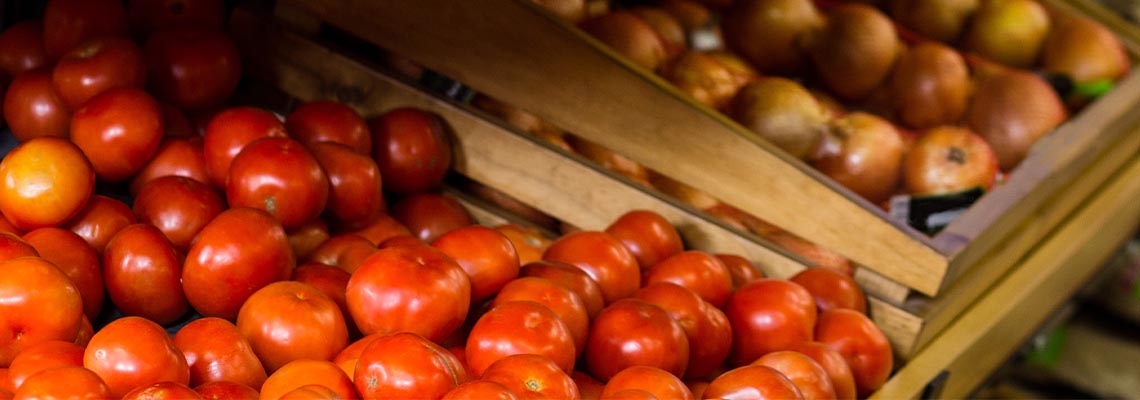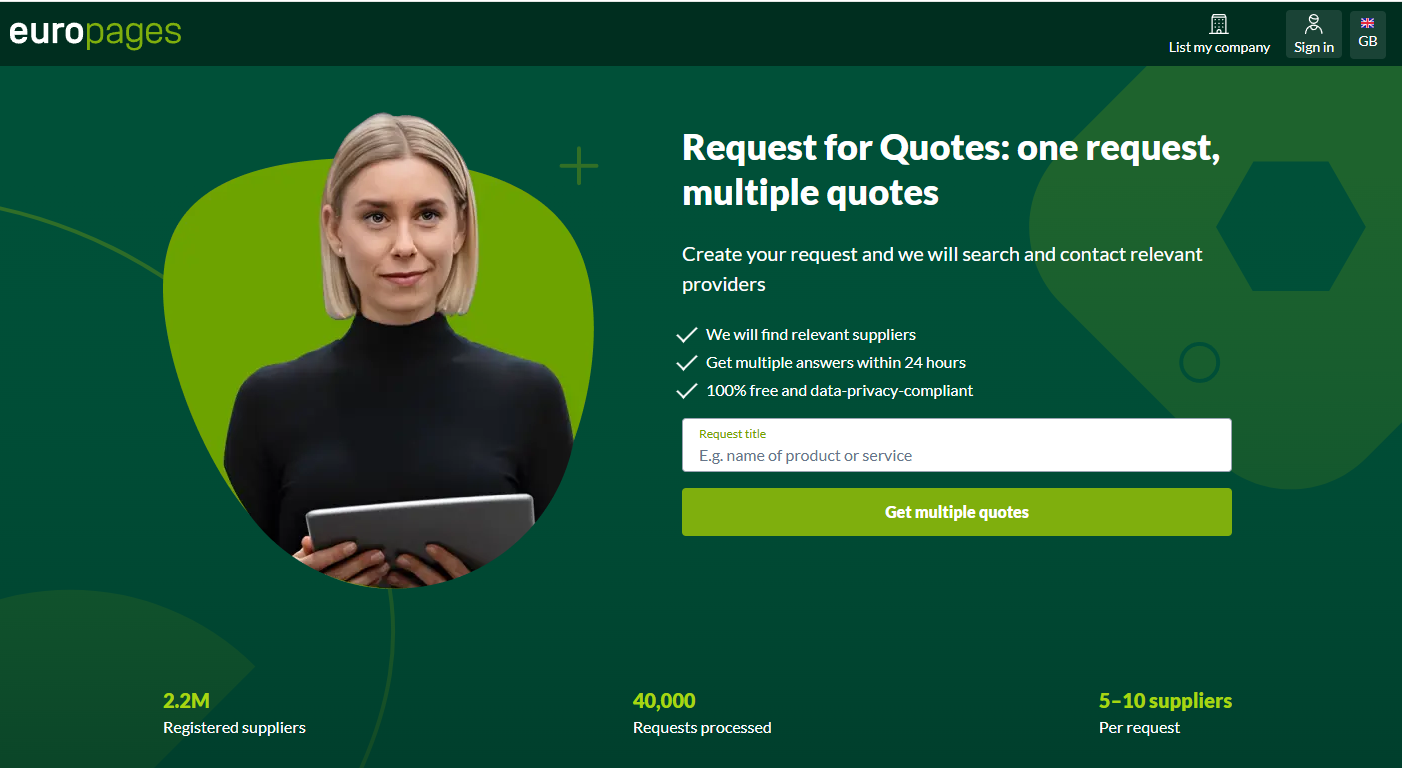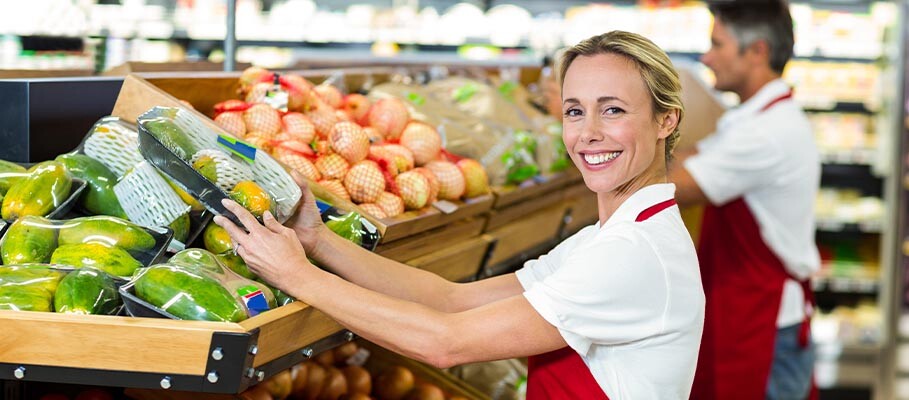Table of Contents
- Why Global Trading Strategies Are Changing in the Vegetable Market
- Current Risks and Challenges in the European Vegetable Market
- How Friendshoring Is Reshaping Supply Chain Planning Across Europe
- Weighing the Costs and Benefits of Friendshoring in Supply Chain Planning
- Three Practical Strategies to Make Friendshoring Work in the Vegetable Market
- Pro Tip for Successful Friendshoring in the Vegetable Market
- Conclusion
1. Why Global Trading Strategies Are Changing in the Vegetable Market
Europe’s vegetable market is in the middle of a big shift. Geopolitical tensions and economic uncertainty have made traditional sourcing methods less reliable, pushing companies to rethink their approach to global trade management.
Instead of just chasing low prices, businesses are now prioritizing stability and flexibility in their supply chains.
The conflict between Russia and Ukraine, for example, has disrupted essential transport routes, making energy and fertilizer costs spike—both critical for farmers. This has hit greenhouse growers and cold-storage operators especially hard, causing stress across the whole vegetable market.
At the same time, trade with China has grown increasingly unpredictable, and Brexit continues to add hurdles, slowing down cross-border shipments and increasing costs.
Economic conditions are adding further strain. High inflation, energy costs, and tighter financial policies are driving up production costs across the board. Smaller farms and wholesalers are especially affected, operating on narrow margins with limited buffers.
Meanwhile, the EU’s Farm to Fork Strategy and changes in agricultural policies are leading businesses toward sustainability. That’s great in principle, but it also brings extra paperwork, reporting demands, and investment challenges that aren’t always easy to manage.
Currency fluctuations and growing trade barriers further complicate the picture, especially for companies in the vegetable market relying heavily on distant suppliers.
Because of this, many businesses are turning to friendshoring—shifting sourcing closer to home or to politically stable countries to reduce risk and improve predictability.
Although friendshoring might mean higher upfront costs or adjustments in pricing policy strategies, it also brings benefits like reduced environmental risk, simpler supply chain planning, and better use of a digital supply chain.
2. Current Risks and Challenges in the European Vegetable Market
The European vegetable market has always relied on tight coordination to keep things running smoothly. With just-in-time delivery systems, cold chain logistics to keep produce fresh, and dependable transport networks, the system was built for speed and efficiency.
But there’s a catch: this setup is also pretty fragile. When unexpected disruptions hit, whether from extreme weather or global events, the whole vegetable market can feel the impact fast.
Climate Change Is Making Farming Less Predictable
Weather patterns are getting more erratic, and that’s hitting crop production hard. In recent years, we’ve seen:
- Severe droughts in Spain and Portugal cutting into lettuce and tomato yields
- Heatwaves and unpredictable rainfall in Italy and France throwing off planting and harvest schedules
These aren’t isolated cases anymore. As climate volatility becomes more common, many providers in the vegetable market are finding it harder to meet demand, especially during peak seasons.
Depending on Distant Suppliers Adds Risk
When supply chains stretch across continents, things can get tricky. Businesses that rely on faraway or politically unstable regions often face challenges like:
- Sudden export bans or tariff shifts
- Customs delays and complicated paperwork
- Few backup options when a shipment is delayed or canceled
Take the 2021 Suez Canal blockage. It only lasted a few days, but the ripple effects on container availability and freight costs were felt for months, specifically by those dealing with perishable goods.
Why Supply Chain Resilience Is Now Important
These days, it’s not just about cutting costs. Suppliers in the vegetable market are rethinking their supply chain planning to build more resilience. That includes:
- Sourcing from a wider mix of regions
- Strengthening logistics to handle unexpected delays
- Choosing shorter and more reliable supply routes
This new approach also goes hand in hand with better use of global trade management systems and a digital supply chain that helps businesses stay flexible and informed.
It’s not just about moving products; it’s about doing it reliably, even when conditions aren’t ideal.

3. How Friendshoring Is Reshaping Supply Chain Planning Across Europe
With global trade becoming more unpredictable, many businesses in Europe’s vegetable market are starting to rethink where they source their products.
One strategy gaining traction is friendshoring, which is a more focused approach that prioritizes trade with countries that are geographically closer and politically stable.
Unlike the old model of chasing the most affordable supplier worldwide, friendshoring is about building supply chains that are reliable, less exposed to disruptions, and easier to manage.
This shift helps to reduce the impact of political unrest, shipping delays, and complex logistics, all of which have become more common in recent years.
A big part of what makes friendshoring work is the support from bilateral trade agreements.
The EU has active partnerships with nearby countries like Morocco, Tunisia, and Egypt, making cross-border trade more predictable and efficient in the vegetable market. These agreements simplify regulations, cut down on red tape, and create a smoother import-export process.
On top of that, the European Union is backing this shift with funding aimed at boosting food security and sustainability. That includes investments in forward-looking farming methods like vertical farming, precision agriculture, and other innovations that support local and regional supply.
Closer to home, countries like Spain, the Netherlands, and Poland are proving to be key players. They already have the infrastructure, logistics capabilities, and agricultural know-how to support larger-scale production and supply. This way, businesses can strengthen their supply chains while making it easier to find the right supplier nearby.
For companies invested in the vegetable market, this more local approach means better supply continuity and fewer last-minute surprises. Yes, it might require some initial changes and a refreshed pricing policy strategy, but the long-term payoff is a supply network that’s more secure and sustainable.
Integrating friendshoring into supply chain planning helps businesses strengthen their ability to handle future disruptions. This is an increasingly essential move in today’s climate of rising environmental risk and geopolitical uncertainty.
To explore how trade deals are supporting this shift, you can visit the European Commission’s website for details on EU policies by country and region.

4. Weighing the Costs and Benefits of Friendshoring in Supply Chain Planning
As more companies in the vegetable market explore friendshoring, they’re facing a key question: is it worth paying more upfront to gain greater long-term stability and supply chain security?
Sourcing from geographically closer, politically aligned countries often comes with higher labor and production costs than working with low-cost global suppliers. But the benefits of this shift are starting to outweigh the drawbacks.
Here’s why friendshoring is becoming a smart move:
Stronger supply chain resilience
Businesses reduce their exposure to unexpected disruptions, like geopolitical tensions, transport delays, or customs issues. A more stable flow of goods helps ensure business continuity, even when global conditions get tough.
Shorter and more predictable delivery routes
With fewer miles to travel, there’s less risk of delays or spoilage. This also allows for quicker responses to any supply chain hiccups and supports faster time-to-market.
Improved market stability
Closer diplomatic ties typically mean smoother trade. Fewer regulatory surprises and more consistent conditions allow companies in the vegetable market to plan ahead and adapt their pricing policy strategy more effectively.
Lower environmental impact
Regional sourcing often means less transportation and lower emissions. That’s a step forward in reducing environmental risk and meeting EU climate goals.
That said, friendshoring isn’t without its challenges. One of the biggest hurdles is the higher upfront cost.
Producing closer to home often means paying more for labor and meeting stricter compliance standards. However, these expenses are frequently balanced out in the long run by fewer disruptions and more predictable operations.
There’s also the need for investment in innovation and infrastructure. Embracing friendshoring may require businesses in the vegetable market to adopt advanced technologies like vertical farming, automation, or climate-controlled growing systems.
While these upgrades come with initial costs, they boost efficiency, support scalability, and help companies stay competitive in a fast-evolving market.
To manage this transition, many companies in the vegetable market are turning to smarter tools and innovations:
- Automation and robotics to reduce labor costs
- Controlled-environment agriculture and vertical farming for consistent, year-round production
- Precision agriculture to reduce inputs like water and energy, improving sustainability and margins
These tools support more efficient supply chain planning, helping companies make regional sourcing more viable without sacrificing competitiveness.
The broader shift is already underway. The EU’s approval of a lithium mining project in Portugal is just one example of how friendshoring is being applied beyond agriculture. It is a part of a larger strategy to strengthen global trade management and reduce dependency on distant suppliers.
5. Three Practical Strategies to Make Friendshoring Work in the Vegetable Market
As friendshoring becomes a more strategic choice in the vegetable market, businesses need practical steps to make the transition smooth and effective.
It’s not just about changing suppliers but also about building a smarter, more resilient supply system.
Here are three key strategies that can help companies in the vegetable market stay competitive while strengthening their supply chain planning:
Conduct supply chain risk assessments: Identify political, environmental, and logistical risks to determine where friendshoring can reduce vulnerabilities and improve long-term stability.
Adopt technologies that increase efficiency: Tools like automation, vertical farming, and precision agriculture help offset higher production costs and support price competitiveness.
Build strong local and regional partnerships: Collaborate with nearby producers, tech providers, and industry associations to access resources, share insights, and navigate the transition effectively.
These actions not only support a smoother shift to friendshoring in the vegetable market but also align with broader goals in global trade management, smarter pricing policy strategy and reducing environmental risk.
6. Pro Tip for Successful Friendshoring in the Vegetable Market
A key to successful friendshoring in the vegetable market is building strong relationships with local suppliers.
Taking the time for regular visits and open communication helps businesses understand local operations, spot potential challenges early, and develop mutual trust. This close connection can be crucial in identifying risks before they cause disruptions, ensuring a smoother transition to new sourcing models.
Equally important is the use of smart digital tools. Investing in a digital supply chain, such as real-time tracking systems and supply chain management software, gives companies better visibility over inventory levels, shipment status, and any delays that may occur.
With this level of insight, businesses in the vegetable market can respond quickly to issues, improve delivery performance, and avoid costly slowdowns. It also gives them the confidence to expand their reach and offer more reliable services to a wider customer base.
As market conditions grow more unpredictable, combining relationship-building with technology not only eases the shift to friendshoring but also strengthens long-term supply chain planning and resilience.

7. Conclusion
Friendshoring offers a timely solution to the growing pressures in Europe’s vegetable market. It helps businesses improve supply chain planning and strengthen resilience.
With the support of a digital supply chain and smarter global trade management, companies can navigate change more confidently and build a more secure future.
If you want to learn more about the global supply chain and current developments in the food industry, read these articles on europages’ Inside Business Blog to stay informed:

